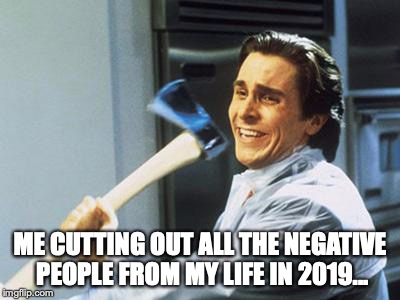Boundaries have to do with how we engage with others and allow others to engage with us. There are generally three types of boundaries that people create. I am going to call them Open, Closed, and Balanced Boundaries.
|
Categories
All
Archives
March 2023
|
[email protected]


 RSS Feed
RSS Feed